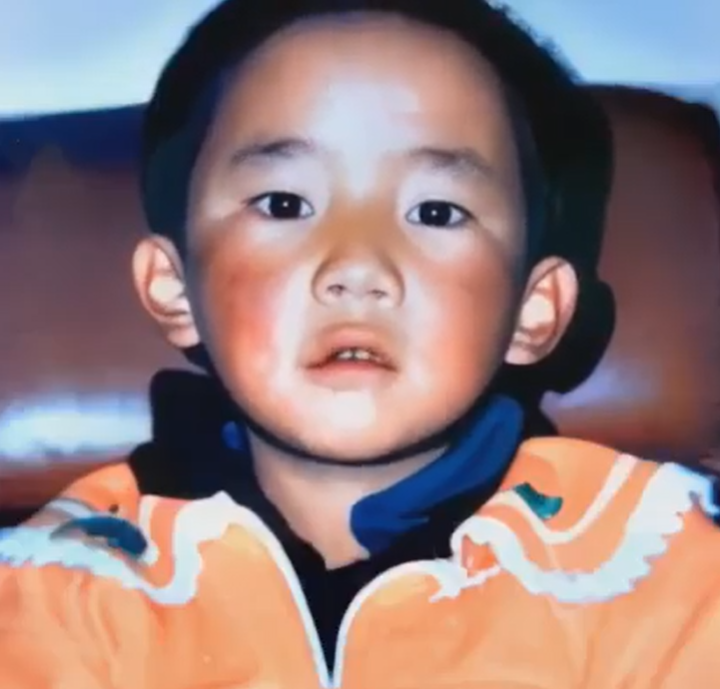Panchen Lama, held since childhood for 30 years as China’s political prisoner
Tomorrow is the anniversary of the abduction by Chinese authorities of the child designated as the reincarnation of the second-highest Tibetan Buddhist authority. This comes as concerns grow about possible interference in the succession of the Dalai Lama who is set to celebrate his 90th birthday shortly. Meanwhile, Tibet Radio was born in exile to fill the void left by the closure of the Tibetan-language service at Radio Free Asia and Voice of America.
Milan (AsiaNews/Agencies) – Tomorrow, 17 May, marks the 30th anniversary of the kidnapping of Gedhun Choekyi Nyima, the eleventh Panchen Lama, the second-highest authority in Tibetan Buddhism.
Chinese authorities seized him and his family when he was just six years old, just three days after the Dalai Lama officially recognised him as the reincarnation of Amitabha, the Buddha of knowledge.
A few months later, on 8 December 1995, Beijing picked five-year-old Gyaincain Norbu, the son of two government officials, to replace the abducted child, and educate him in accordance with the directives of the Communist Party of China.
At the time of his abduction, Gedhun Choekyi Nyima was considered the youngest political prisoner in the world. Today he would be 36 years old but his fate remains unknown.
The anniversary of his kidnapping takes on a very special significance in view of another anniversary: On 6 July, the current Dalai Lama, Tenzin Gyatso, will turn 90 and his succession as spiritual and political guide of the Tibetan people remains an open question.
“The Panchen Lama and the Dalai Lama, Tibet’s religious leader, have historically played key roles in recognizing the other’s successor,” reads a statement put out yesterday by Human Rights Watch. “Concerned governments, especially those with significant Buddhist populations [. . .] should mark the 30th anniversary of the Panchen Lama’s enforced disappearance by speaking out publicly” and demand his liberation.
The European Parliament approved a resolution on Tibet on 8 May, expressing deep concern about the death in suspicious circumstances of Tibetan activist Tulku Hungkar Dorje in March 2025 in Vietnam. It calls for an immediate, independent and transparent inquiry, under international supervision, with access to evidence and witnesses, and the immediate return of his remains.
The resolution, adopted during the Parliament’s plenary session in Strasbourg, “firmly opposes any attempt by the Chinese Government to interfere in the selection of Tibetan Buddhist spiritual leaders,” including the Dalai Lama. In this regard, it urges the Chinese government to release Gedhun Choekyi Nyima and his family after 30 years of detention.
Following the Trump administration’s decision last March to freeze funding to the Tibetan services of the Voice of America (VOA) and Radio Free Asia, three former journalists with the VOA Tibetan service cofounded a Tibetan station called Tibet Radio, which began broadcasting earlier this month via Facebook and YouTube.
In an interview with Voice of Tibet, Gesang Jinba, one of the founders of Tibet Radio, said that although starting a media outlet is a hard thing to do, the Dalai Lama has always taught people to overcome difficulties.
Still, Tibetans continue to hope, he added, that Radio Free Asia and Voice of America will resume broadcasting the messages of their spiritual leader and report on the life of the Tibetan community in exile.
29/04/2020 16:44







.png)










